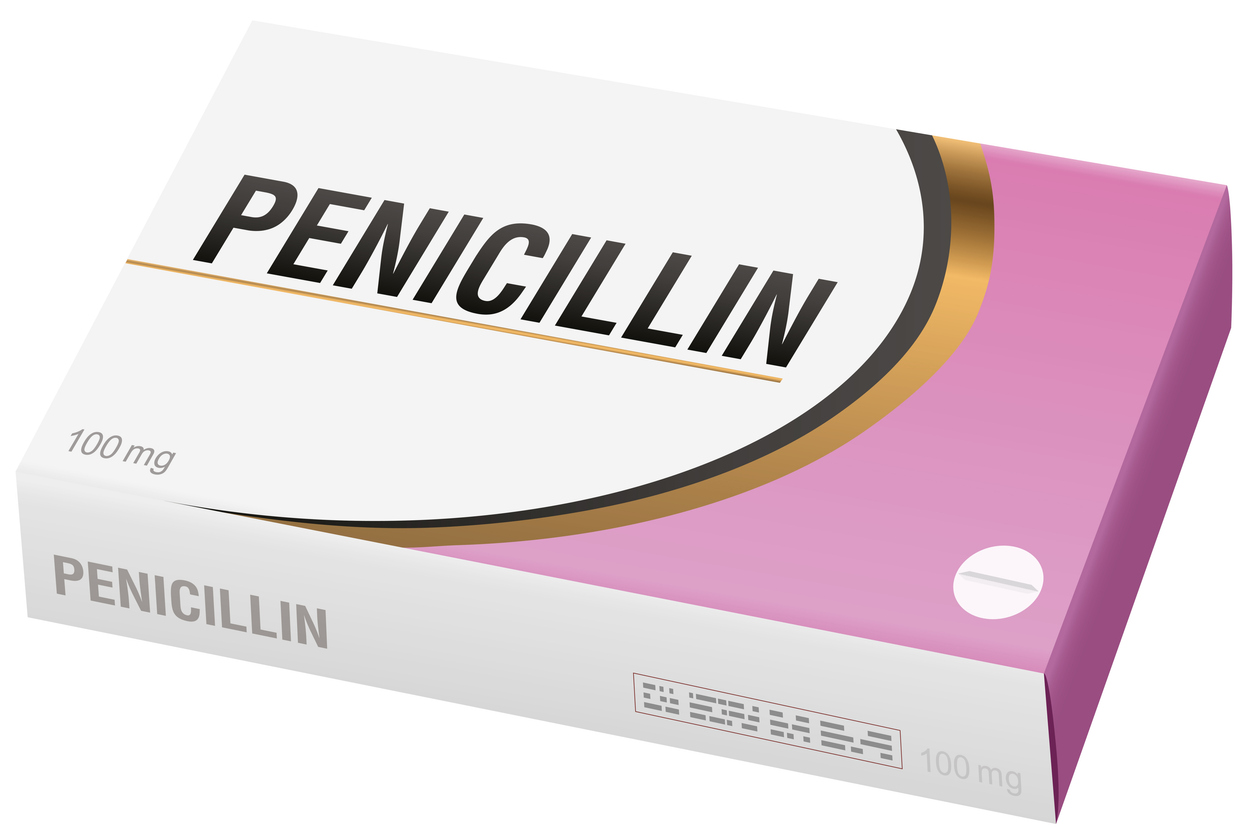.jpg)
A joint panel of international experts has issued guidelines recommending shorter, all-oral drug regimens for drug-susceptible (DS) and drug-resistant (DR) tuberculosis (TB) in adults and children.
The guidelines, issued by the American Thoracic Society, the US Centers for Disease Control and Prevention, the European Respiratory Society, and the Infectious Diseases Society of America and published this week in the American Journal of Respiratory and Critical Care Medicine, are based on reviews of recent clinical trial data and adapted from the World Health Organization's (WHO's) 2022 consolidated guidelines on TB. The joint panel included 25 specialists in pulmonary medicine, infectious diseases, pediatrics, epidemiology, and public health, along with a patient advocate.
The new DS-TB recommendations include a novel, 4-month regimen of isoniazid, rifapentine, moxifloxacin, and pyrazinamide for adults with isoniazid- and rifampin-susceptible TB, and a 4-month regimen of isoniazid, rifampin, pyrazinamide, and ethambutol for children with nonsevere, isoniazid- and rifampin-susceptible TB. Both recommendations replace the standard 6-month regimens.
For the treatment of rifampin- and fluoroquinolone-resistant TB in adults and children, the guidelines call for a 6-month bedaquiline, pretomanid, and linezolid (BPaL) regimen to replace the 15-month or longer regimens previously used for DR-TB. The BPaL regimen is also recommended for adults and children who have rifampin-resistant, fluoroquinolone-susceptible TB.
The BPaL regimen has been recommended by the WHO for patients with DR-TB since 2022, based on clinical trial data showing significantly higher efficacy than the 15-month or longer regimens, which also included injectable drugs with severe and painful side effects.
Fewer pills, adverse effects
While calling for further studies on the cost-effectiveness, acceptability, and feasibility of the shorter regimens, the panelists say the recommendations should be well-received by clinicians and TB patients.
"Shorter treatment duration, oral regimens, reduced number of medications, reduced pill burden, and less adverse drug effects are valued by patients and providers," they wrote. "Individuals with DS-TB may be eligible for effective regimens that reduce treatment duration by one-third. For DR-TB, new all-oral 6-month regimens are more effective and safer than SoC [standard of care] regimens used for decades and may reduce morbidity and mortality."

















